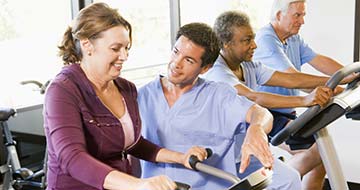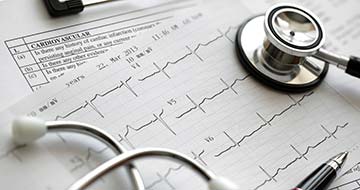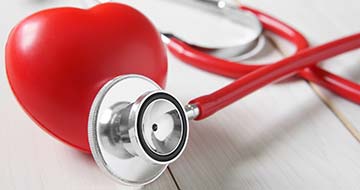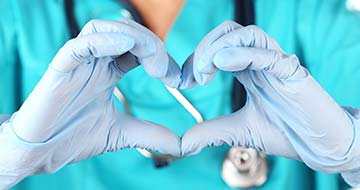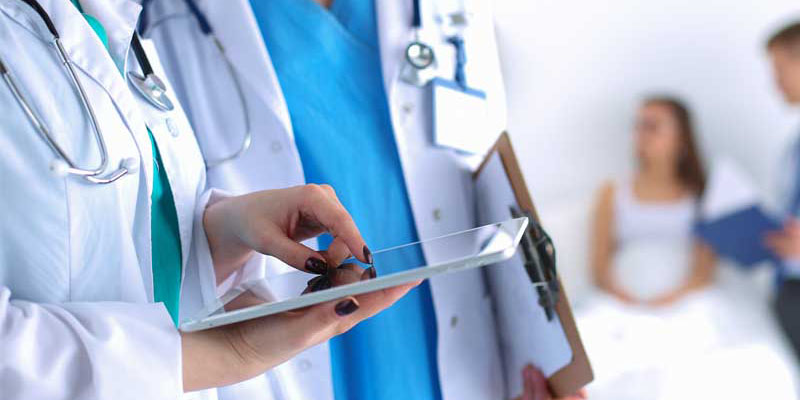Services
The first step in your care process is to understand the nature of your disease so that we can diagnose your condition.
Cardiac Electrophysiology, is the study of the electrical activities of the heart, specifically for the purposes of diag...
When our patients present with problems that may be cardiovascular in nature, we help determine the most likely diagnosi...
We help our patients improve blood flow in their arteries and veins by using very small tubes and specialized tools to d...
When the heart is functioning normally, the arteries are clear and open to allow for easy passage of blood through and o...
The highly trained surgeons and specialists at Biltmore diagnose and treat structural heart disease. We understand the n...
Can You Prevent Sudden Cardiac Arrest?
Sudden cardiac arrest (SCA) – when the heart unexpectedly stops beating – is important to treat within minutes. It is different than a heart attack, because a heart attack happens when blood flow is blocked, but the heart has not stopped beating. Immediate application of an automated external defibrillator (AED), found in many public locations, can be lifesaving.
Because the stakes are so high – life or death – let’s look at ways to prevent sudden cardiac arrest. How to prevent SCA depends on your risk factors – those who have already had SCA, those at high risk, and otherwise healthy people.
1. Sudden Cardiac Arrest Survivors
People who have survived SCA are at high risk of having another one. Your doctor may recommend a procedure for an implantable cardioverter defibrillator (ICD), which:
- Is surgically place under the skin in your chest or abdomen
- Monitors your heartbeat
- Provides an electric shock to restore normal rhythm if it detects a dangerous rhythm
2. High Risk Categories for Sudden Cardiac Arrest
Your doctor may prescribe a beta blocker, statin or other type of medication to help reduce your risk for cardiac arrest if you have the following conditions:
- Ischemic heart disease and/or a recent heart attack
- Diabetes
- Heart disease or a prior stroke
- High LDL cholesterol
- High blood pressure
Treatments for coronary heart disease, such as coronary angioplasty or artery bypass may also help lower your risk for SCA. A heart healthy lifestyle is recommended for all conditions. Talk with your doctor about the preventive recommendations that are best for you.
3. No Immediate Symptoms
A heart healthy lifestyle can help reduce risk for many conditions, including sudden cardiac arrest. Practice the following for optimal health:
- Maintain a healthy weight
- Don’t smoke
- Eat a healthy, balanced diet
- Get at least 150 minutes per week of moderate exercise
- Manage stress
Don’t Delay Care in an Emergency
Signs of a heart attack or sudden cardiac arrest can be similar. Some people experience the following within an hour of SCA:
- Chest pain
- Difficulty breathing
- Nausea or vomiting
- Fainting (preceded by a racing heartbeat or feeling of dizziness/lightheaded)
If you suspect heart attack in yourself or a loved one, call 911 immediately.
Source:
National Institutes of Health

